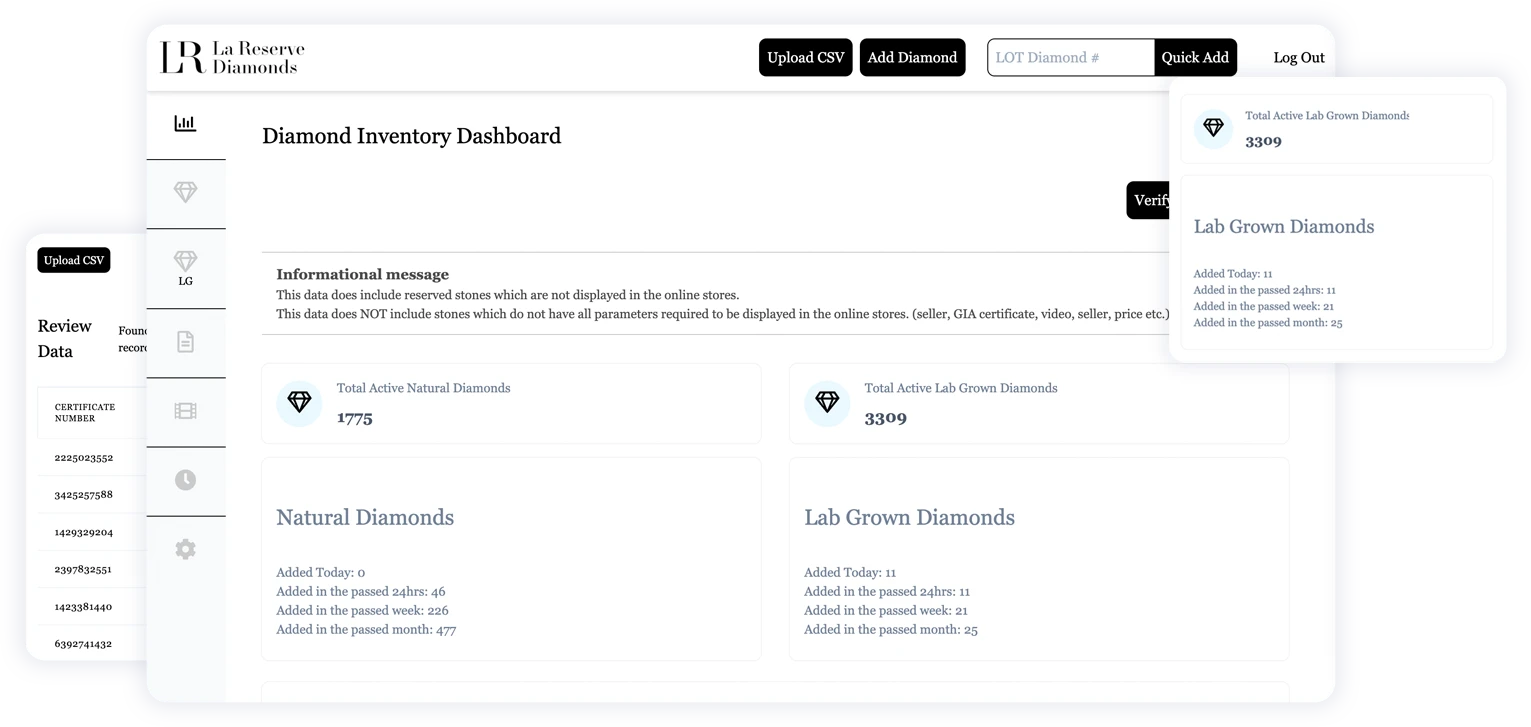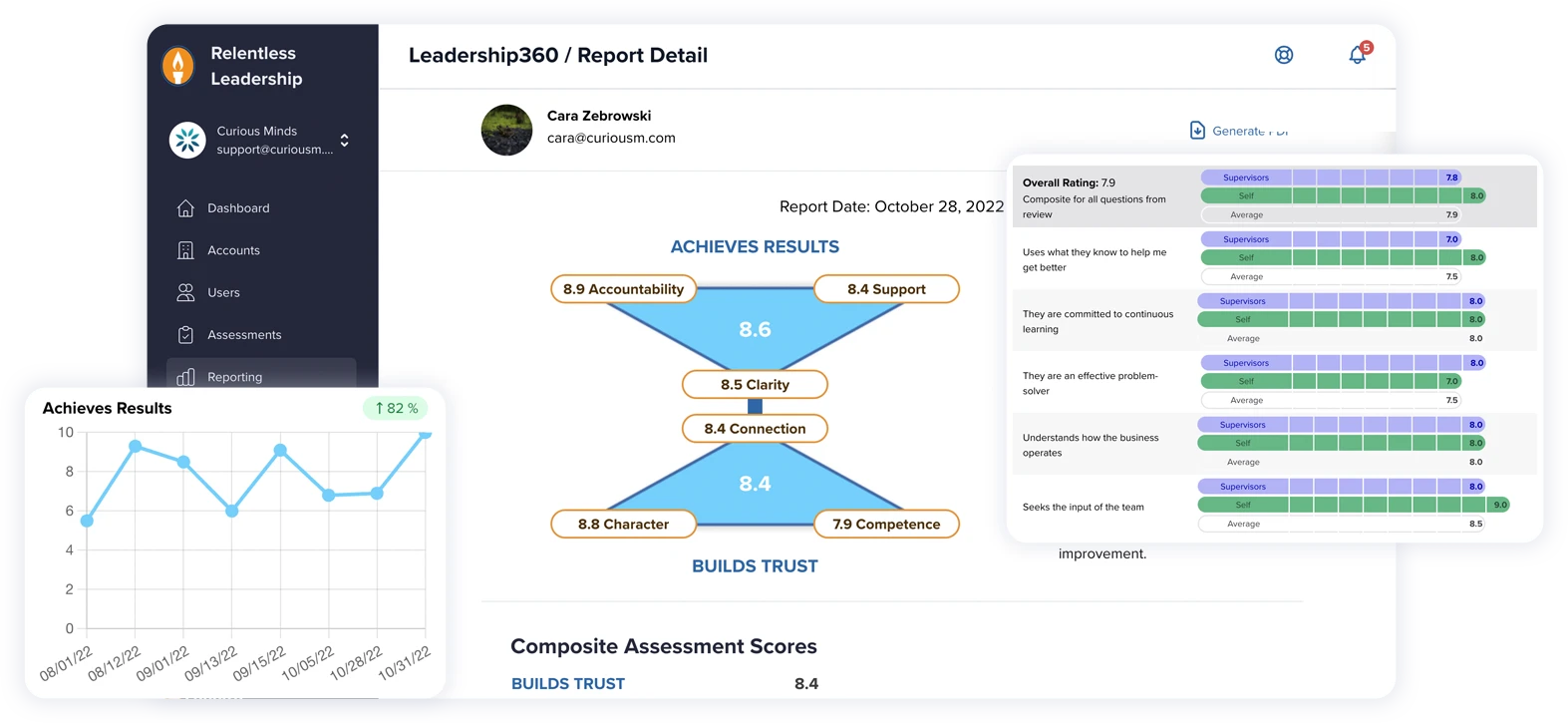Plugins are great! They help optimize your site, make it run faster, better, stronger prettier, and more. If you want to do it, chances are, there’s a plugin for it. And if there isn’t, there’s probably one in the works. But with thousands of plugins available, it’s hard to always know which ones to use, and why. But there is one type of plugin to avoid, and that is the nulled plugin. Why is that?
What is a Nulled Plugin?
A nulled plugin is basically a copy of an official paid plugin. In other words, it’s a knockoff. You can get them for free or for a low cost and, unlike official plugins from WordPress, you can use them on multiple sites. They’re not illegal, even though they’re essentially a pirated version of an official plugin. That’s because WordPress is an open-source software, so anyone can modify or re-publish any plugins or themes from WordPress without fear of legal consequences. So yes, technically you can use them. But just because you can doesn’t mean you should.
Security Risks
WordPress has a trusted team of developers creating and updating plugins. Emphasis on trusted developers. With a nulled plugin, you don’t know who the developer was who worked on it, created it, is offering it up for use. Knowing nothing about who created it is a huge security risk. And nulled plugins have a reputation for carrying malware, which can make your site unusable, and put anyone else who uses your site at risk.
Updates? What Updates?
A great perk to using official WordPress plugins is that they’re regularly monitored and updated to fix bugs, minimize security issues, and add any new features to help your site run better. You’re also notified of any updates and changes to plugins, be it from WordPress, or from your developer. Since nulled plugins aren’t supported by WordPress, there are no regular updates. It’s made, and then it’s forgotten by the developer who created it. Since there are zero updates required for said plugin, your site becomes outdated, who exposes you to additional security risks.
Lack of Support
Whoever creates a nulled plugin has no responsibility over it. Once you have it, it’s up to you to problem solve and create fixes. Whoever created the nulled plugin isn’t even responsible for duct taping anything back together, which mean that if there is something that needs to be fixed, you now need to hire an outside developer to fix the problem, spending more money than you would have if you just purchased an official plugin. But an official plugin has a developer, or a team of developers to fix any issues that may arise, so this is never a concern.
Long Term Support
You may save a few dollars by using nulled plugins, but once they start creating problems, those problems will quickly snowball until you’re spending so much time and money on fixes and solutions that you may as well start over and invest in official plugins. If something seems too good to be true, it probably is. But if you’re concerned with cost, WordPress offers trusted plugins for any website, no matter the budget. You can trial versions to test, and free plugins from WordPress and other trusted WordPress developers. Yes, the option to use a nulled plugin is tempting. It’s free, it’s easy, you can use it on multiple websites. But again, the resulting mess that can occur, and the cost that can accrue aren’t worth it. But, with a little research, you can find official plugins that will help optimize your site without breaking your budget.



















